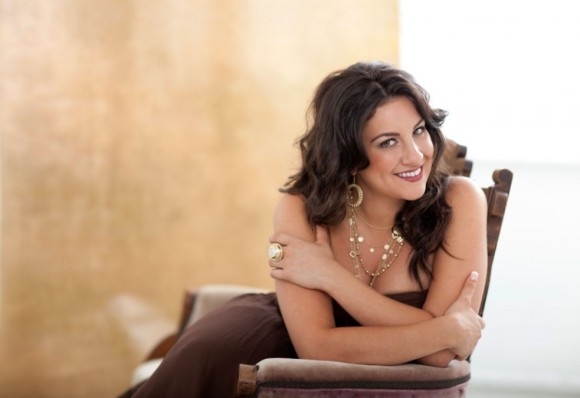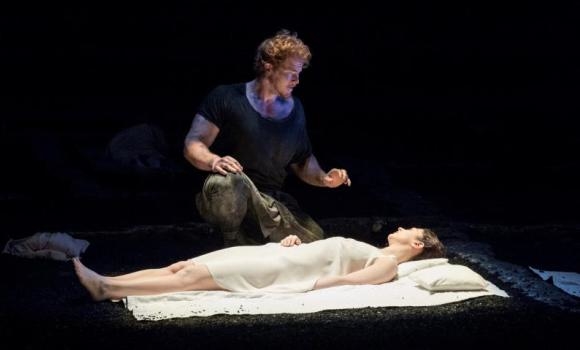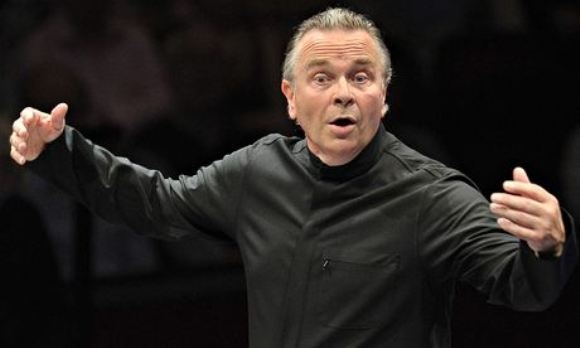Les Martyrs (Royal Festival Hall)

© Dario Acosta
That makes things tricky for WhatsOnStage, for as a theatre site (the clue is in the title) we only allow ourselves to review the pick of an increasingly abundant crop of such events. But what a pick we’ve had. Hot on the heels of a five-star Alcina at the Barbican comes this exceptional rarity from Opera Rara.
Les Martyrs is Donizetti’s elaborate reworking – for the Paris Opera, at Rossini’s instigation – of his earlier Italian opera Poliuto, with which it shares most of its arias and all its characters. The original version is scheduled for a rare staging at Glyndebourne next summer, so for those unfamiliar with this retelling of Corneille’s Polyeucte here was a useful dry run as well as a thrilling event in its own right.
Before the opera begins, the Roman Polyeucte has done two irreconcilable things: he has converted to Christianity and secretly married Pauline, the daughter of feared Governor Felix. Taken together these actions don’t bode well for the ensuing three-and-a-half hours.
'a giddy spread of coloratura peaks and quicksilver dynamic switches'
Michael Spyres brought all the lyric excitement to the role of Polyeucte that he’s demonstrated recently in Berlioz as both Faust (with the LSO) and Benvenuto Cellini (for ENO), and as a bel canto tenor he showed he can hit every bullseye dead centre however quickfire or highwire the music. He topped off his showpiece aria "J’y vais", an extraordinary challenge by any standards, with a high E natural that drew audible gasps from the RFH audience. It can only be a matter of time before UK audiences hear this wonderful singer tackle the "impossible" role of Arnold in William Tell.
The evening’s linchpin, though, was the glorious and practically uninterrupted singing of Joyce El-Khoury. The sole female singer among five men, this silver-toned soprano sustained the steady beauty of her delivery throughout a giddy spread of coloratura peaks and quicksilver dynamic switches.
Abetted by distinguished support from David Kempster, Clive Bayley, Wynne Evans and the fabulous bass rumblings of Brindley Sherratt as Felix, Sir Mark Elder kept the music’s flames alive at the helm of an electrified Orchestra of the Age of Enlightenment and Opera Rara Chorus.
Donizetti’s genius is only sporadically apparent in this bloated version of a previously concise opera (it was expanded from Poliuto‘s three acts to four, with added ballets, in order to please the insatiable Parisian appetite for gargantuanism); but there is still plenty to savour, as when Polyeucte’s legato prayer "Dieu puissant" opens out into an elaborate ensemble for the entire company to close Act 2.
His take on Christianity is another matter. Donizetti’s heaven is made of harps and high tessitura, and when Pauline is converted not by theological argument but by a beam of light – as if a visit from the Blue Fairy is all it takes to ignite a faith – Walt Disney would feel right at home. Anyway, it’s probably as well not to examine too closely a story in which one religion defies the established order and proselytises uncomfortable beliefs that it’s ready to die for.












